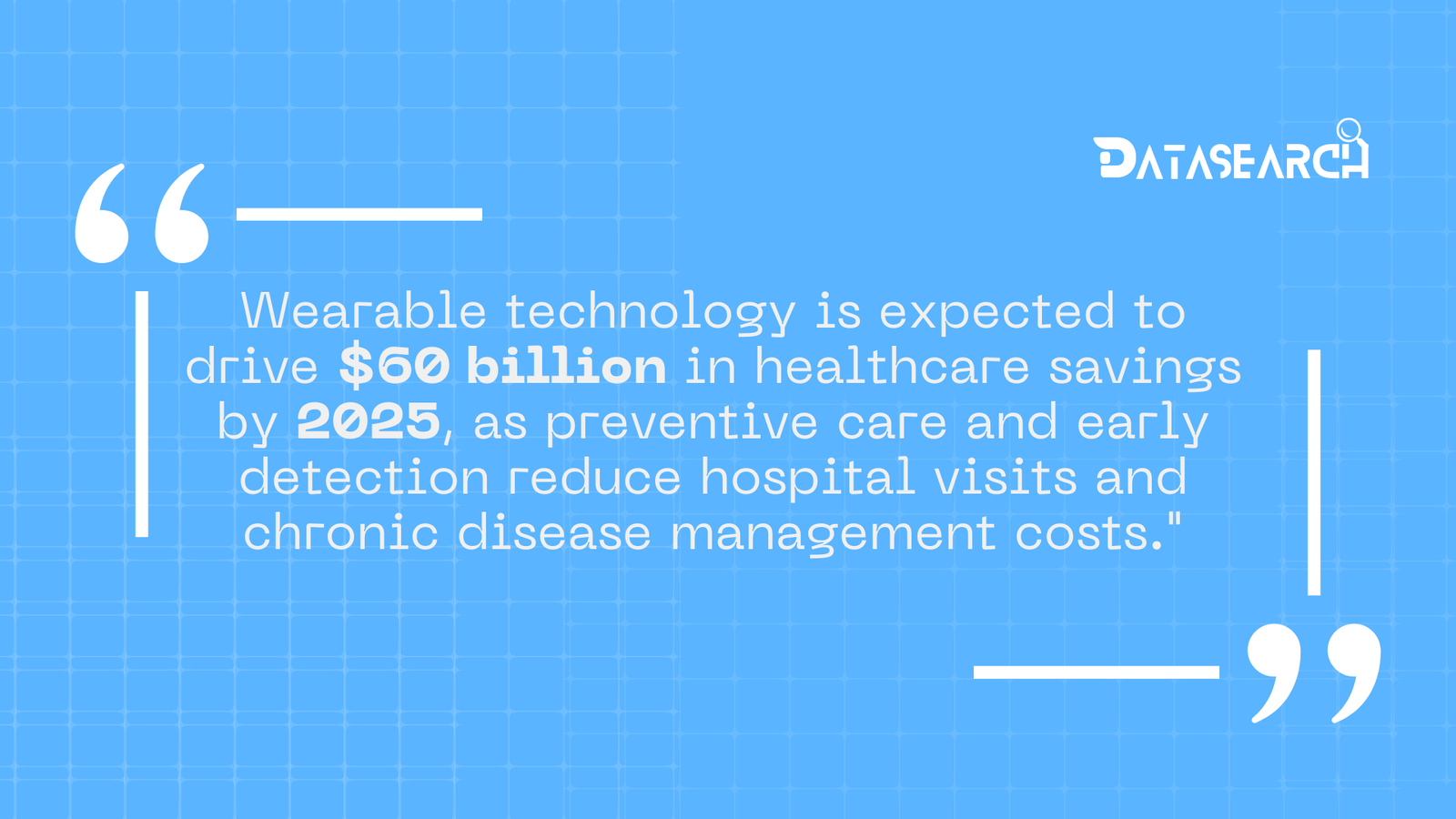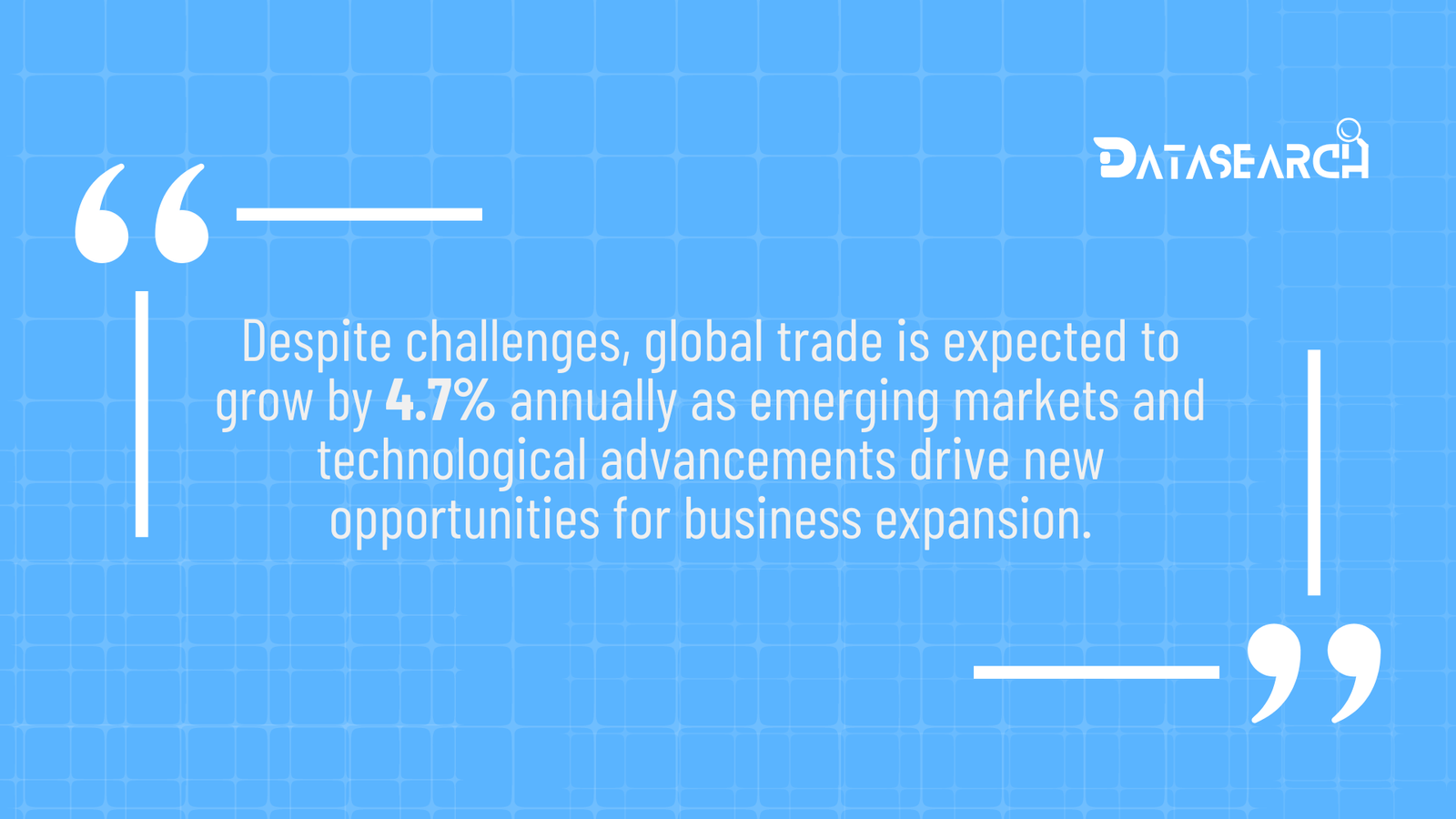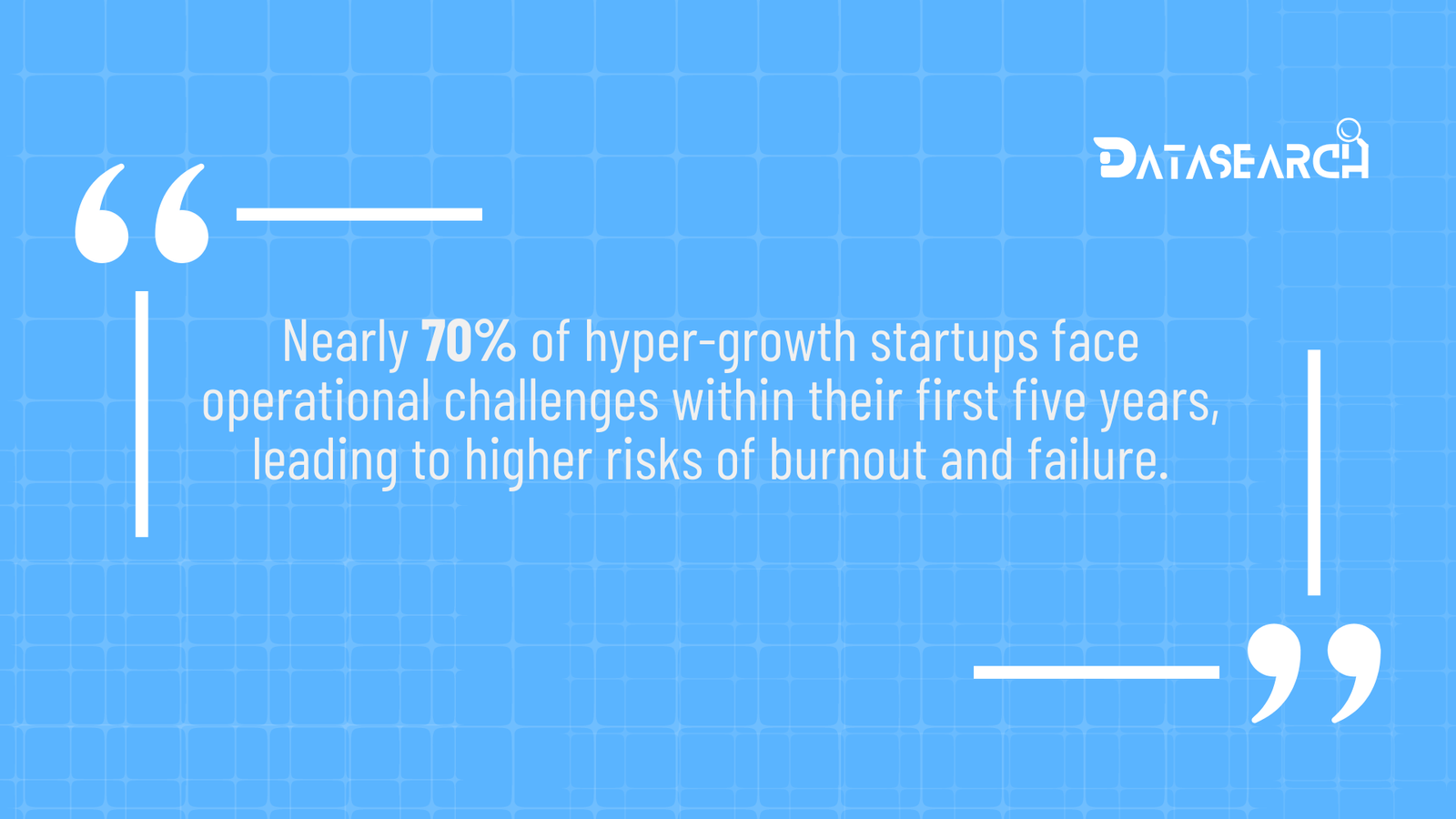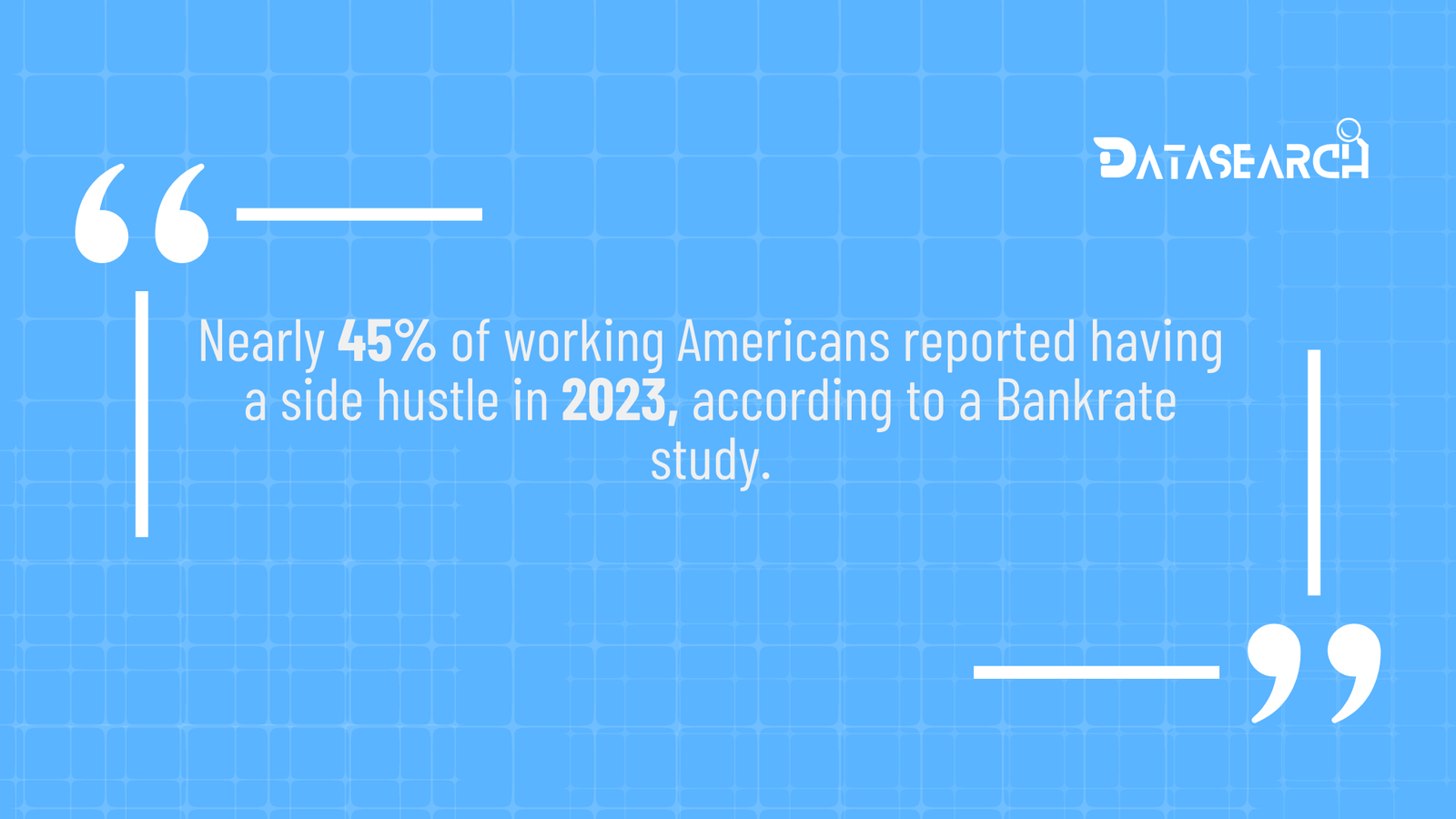The rise of wearable technology, mobile health apps, and personal tracking devices has given birth to the quantified self movement—where individuals collect and analyze their own health data to monitor and improve their well-being. From tracking daily steps to measuring heart rate, sleep patterns, and even glucose levels, personal health data is transforming the way people approach healthcare. This shift towards self-monitoring is not only empowering individuals but also revolutionizing how healthcare providers deliver personalized care. In this article, we’ll explore how personal data is changing healthcare, its benefits, and the challenges that come with it.
1. What is the Quantified Self Movement?
The quantified self refers to the use of technology to track, analyze, and quantify various aspects of a person’s health, fitness, and lifestyle. This movement is fueled by the proliferation of wearables—like Fitbit, Apple Watch, and Garmin devices—as well as mobile apps that collect data on everything from diet and exercise to mental health and sleep. This self-generated data allows individuals to make informed decisions about their health, encouraging proactive management of wellness and fitness goals.
💡 Fact: In 2022, the global wearable technology market was valued at over $60 billion, with millions of users collecting personal health data daily.
2. Personalized Healthcare and Data-Driven Insights
Personal health data generated by wearables and mobile apps is increasingly being used to deliver personalized healthcare. Physicians can analyze data from wearables to monitor chronic conditions, detect early warning signs, and tailor treatment plans based on a patient’s unique data. This data-driven approach enables more precise care and early intervention, leading to better patient outcomes.
📊 Example: A patient with heart disease might use a wearable device to track heart rate and rhythm, alerting their doctor to any irregularities before symptoms become serious. This continuous monitoring allows for earlier treatment and potentially avoids hospital visits.
3. Empowering Patients with Self-Monitoring Tools
One of the greatest benefits of the quantified self movement is patient empowerment. By collecting their own data, individuals can gain greater control over their health and make informed decisions. For example, diabetics can monitor glucose levels in real-time using continuous glucose monitors (CGMs), adjusting their diet or insulin intake accordingly. Similarly, fitness enthusiasts use wearable devices to track their workouts, optimize performance, and monitor recovery.
🎯 Pro Tip: Apps like MyFitnessPal and Noom offer users personalized diet and exercise recommendations based on tracked data, helping individuals reach their health goals more efficiently.
4. Preventive Care and Early Detection
Personal health data is playing a key role in preventive care. By monitoring health metrics like sleep patterns, heart rate variability, and physical activity, wearables can detect early warning signs of potential health issues, prompting individuals to seek medical advice before symptoms worsen. This proactive approach to healthcare helps prevent diseases from progressing, improving long-term health outcomes and reducing healthcare costs.
🚀 Insight: The Apple Watch’s ECG feature has already saved lives by detecting irregular heart rhythms in users, prompting early diagnoses of atrial fibrillation.
5. How Healthcare Providers Use Personal Data
Healthcare providers are increasingly integrating patient-generated data into their clinical workflows. By analyzing data from wearable devices, doctors can track a patient’s progress in real time, making adjustments to treatment plans as needed. In some cases, this data is automatically shared with healthcare professionals, reducing the need for in-person visits and enabling more efficient, remote patient monitoring.
📱 Example: Patients with hypertension can use smart blood pressure monitors that share their data with their healthcare provider, allowing doctors to monitor treatment effectiveness remotely and make adjustments between visits.
6. Challenges of Using Personal Data in Healthcare
While the benefits of personal health data are clear, there are significant challenges. One major concern is data accuracy. Wearables and health apps are not always as precise as clinical devices, which can lead to misleading data. Additionally, there are privacy and security issues, as sensitive health information is often stored and transmitted by third-party platforms. Ensuring that personal health data is handled securely and in compliance with privacy regulations like HIPAA is a critical issue for healthcare providers and tech companies alike.
🔐 Pro Tip: Always verify the privacy policies of apps and devices that collect health data. Ensure they comply with relevant data protection regulations and offer transparent data-sharing practices.
7. The Future of the Quantified Self in Healthcare
As technology continues to advance, the quantified self movement will become more deeply integrated into the healthcare system. AI and machine learning algorithms are already being used to analyze personal health data at scale, providing predictive insights and personalized recommendations. In the near future, we may see even more sophisticated sensors, such as non-invasive glucose monitors or wearable devices that can measure blood biomarkers in real-time.
📈 Insight: The combination of AI and wearable technology could lead to “precision medicine,” where treatments are tailored to an individual’s genetic makeup, lifestyle, and real-time health data.
How DataSearch Can Help You Leverage Personal Health Data
At DataSearch, we understand the importance of harnessing personal data to deliver better healthcare outcomes. Our platform offers tools for advanced data analysis, helping healthcare providers gain valuable insights from wearable devices, patient records, and health apps. Whether you’re looking to integrate patient-generated data into clinical workflows or analyze health trends at scale, DataSearch.pro provides the analytics capabilities you need to succeed in today’s data-driven healthcare landscape.
Ready to embrace the future of personalized healthcare? Visit our website today to learn how DataSearch can help you unlock the full potential of personal health data.




